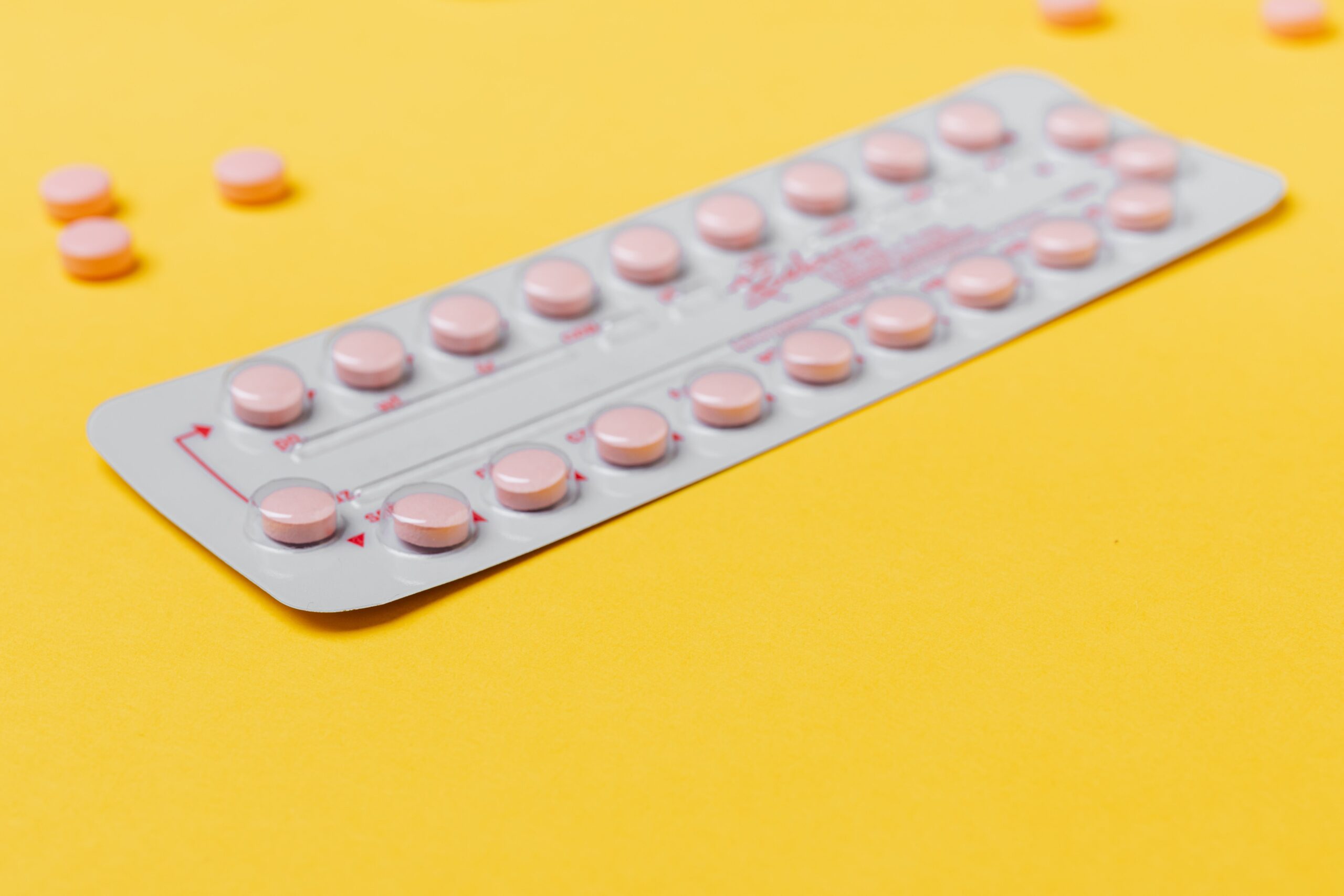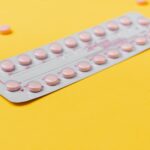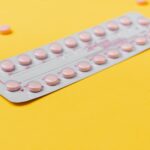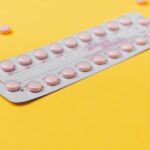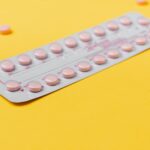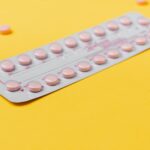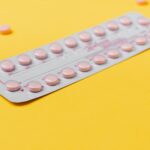Hair loss is a common concern, and individuals exploring the realm of testosterone boosters may wonder about potential connections. It’s essential to note that while testosterone itself is not directly linked to hair loss, some factors associated with certain test booster formulations might contribute to this issue.
DHT and Hair Loss: Testosterone boosters may lead to an increase in dihydrotestosterone (DHT), a derivative of testosterone. Elevated DHT levels are associated with hair loss, particularly in individuals genetically predisposed to androgenetic alopecia, commonly known as male or female pattern baldness. DHT can shrink hair follicles, leading to thinner and shorter hair strands over time.
- BCAA Supplements To Increase Energy
- Does BCAA Supplements Boost Testosterone
- Are BCAA Supplements Good For Runners
- BCAA Supplements And Depression Is There A Link
- BCAA And Keto What You Need To Know
Individual Variability: The relationship between testosterone boosters and hair loss varies among individuals. Genetic factors play a significant role in determining susceptibility to hair loss. Those with a family history of androgenetic alopecia may be more prone to experiencing this side effect if using certain test boosters, while others may not see any impact on their hair.
Ingredients Matter: Different testosterone booster formulations contain various ingredients, and some may have a more pronounced impact on DHT levels than others. For instance, supplements with compounds like fenugreek or tribulus terrestris may influence hormone levels differently. Understanding the ingredients in the test booster and their potential effects is crucial in assessing the risk of hair loss.
Balancing Goals and Risks: Individuals considering test booster supplements should weigh their desire for potential muscle gains and increased testosterone levels against the risk of hair loss. Consulting with a healthcare professional before starting any supplementation is advisable. Additionally, opting for formulations with DHT-blocking ingredients or considering alternative strategies for muscle growth may be options for those concerned about preserving their hair.
In conclusion, while there is a potential link between certain testosterone boosters and hair loss, it’s not a universal outcome, and individual factors play a significant role. Being informed about the ingredients, understanding personal genetic predispositions, and seeking professional advice can help individuals make informed decisions about using test boosters while considering their impact on hair health. Shop raw supplements, bulk discount, lab tested 5% off here!
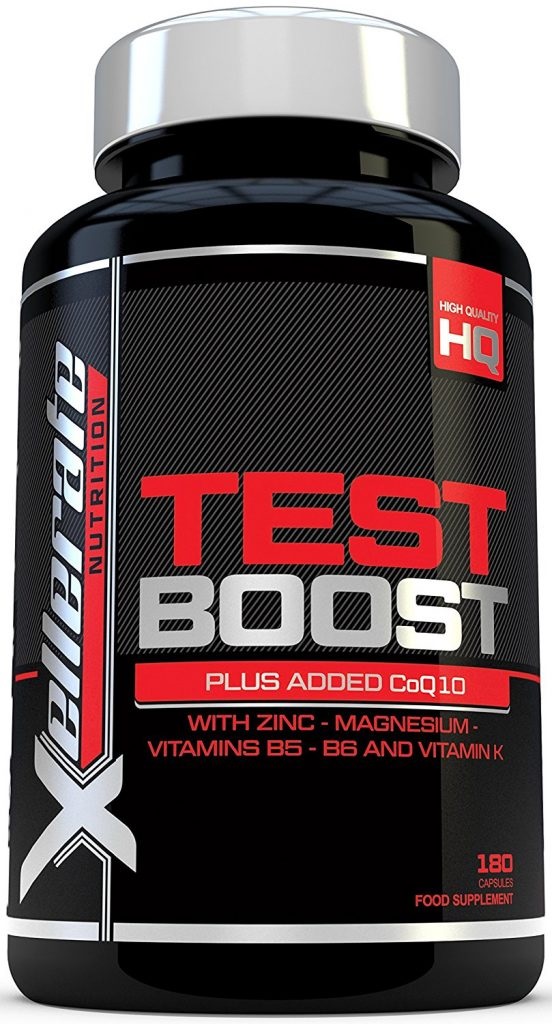
Buy Test Boosters Online
We Have Some Of The Best Test Boosters Out There!
Come have a look what types of Test Boosters we have? Shop the best Test Boosters! We have found the best deals! Or please feel free to read more about the many benefits of Test Boosters supplements on site.
FAQs
1. Can all testosterone boosters cause hair loss?
- Answer: Not necessarily. The risk of hair loss varies among individuals and depends on factors such as genetic predisposition and the specific ingredients in the testosterone booster. Some formulations may have a more pronounced impact on DHT levels, a hormone associated with hair loss.
2. Are there specific ingredients in testosterone boosters that contribute to hair loss?
- Answer: Yes, certain ingredients in testosterone boosters, such as fenugreek or tribulus terrestris, may influence DHT levels and potentially contribute to hair loss. Understanding the composition of the test booster is crucial in assessing the risk.
3. Can using DHT-blocking shampoos or treatments help mitigate the risk of hair loss associated with testosterone boosters?
- Answer: While DHT-blocking shampoos or treatments may help mitigate the effects of elevated DHT levels, their effectiveness in preventing hair loss related to testosterone boosters is not well-established. Consulting with a healthcare professional for personalized advice is recommended.
4. Are there alternative strategies for muscle growth that do not pose a risk of hair loss?
- Answer: Yes, alternative strategies for muscle growth, such as focusing on a balanced diet, regular exercise, and other supplements that do not impact DHT levels, can be considered. Consulting with a healthcare professional or a fitness expert can help tailor an approach that aligns with individual goals and concerns.
5. If I have a family history of hair loss, should I avoid testosterone boosters altogether?
- Answer: Individuals with a family history of androgenetic alopecia (pattern baldness) may be more prone to hair loss associated with elevated DHT levels. It’s advisable to consult with a healthcare professional before using testosterone boosters and explore alternative strategies that align with both fitness goals and hair health.
